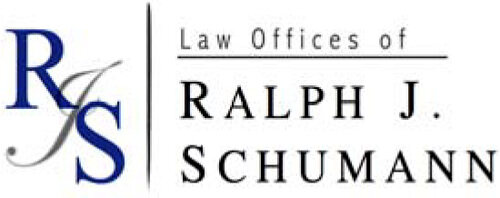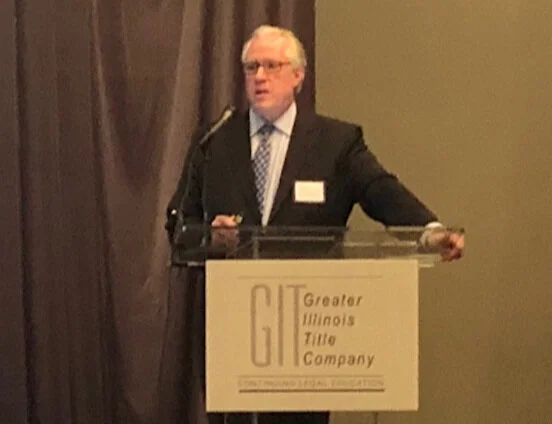NOTICE:
Many Americans may be feeling vulnerable in the midst of the coronavirus pandemic. Millions of people are out of work, and it can be stressful not knowing when life will return to normal.
Unfortunately, scammers thrive during times of distress. These fraudsters use their victims' fear to their advantage, swindling them out of cash or tricking them in to providing personal information. The Federal Trade Commission has received more than 18,000 coronavirus-related scam reports this year, and those scams have collectively cost Americans over $13 million. Scammers are getting sneakier, too, and it can be tough to detect these types of fraud. Here are some of the most common types of scams to look out for.
1. Treatment scams
One of the most insidious types of scams involves fraudsters calling you and impersonating a doctor or other healthcare professional. They may tell you your friend or loved one is being treated for COVID-19, saying you need to submit a payment to cover the hospital bill. Other scammers are trying to sell fake cures or treatments, often targeting those who are more vulnerable to the virus. One scam, in particular, is offering free coronavirus testing kits to those with diabetes in order to collect personal information, according to the Federal Communications Commission.
2. Social Security scams
Social Security recipients are always at risk of being targeting by scammers, but it's especially important to be careful to avoid coronavirus-related scams. According to the Office of the Inspector General (OIG), Social Security beneficiaries are reporting receiving official-looking letters saying their benefits are being suspended due to COVID-19 unless they call the phone number provided in the letter. When they call, they are instructed to provide payment or verify personal information in order for their benefits to be reinstated. Social Security benefits are not affected by the coronavirus, so if you receive a call, email, or letter telling you your monthly checks are suspended, hang up or ignore it and report it to the OIG. Keep in mind that the Social Security Administration will never ask for your Social Security number, bank account information, or any other personally identifiable information over the phone or in an email. They'll also never ask for payment in the form of a wire transfer, gift card, or prepaid debit card. If you're ever unsure about whether the call, email, or letter you received is legitimate, contact the Social Security Administration for more information.
For more information, contact us.























